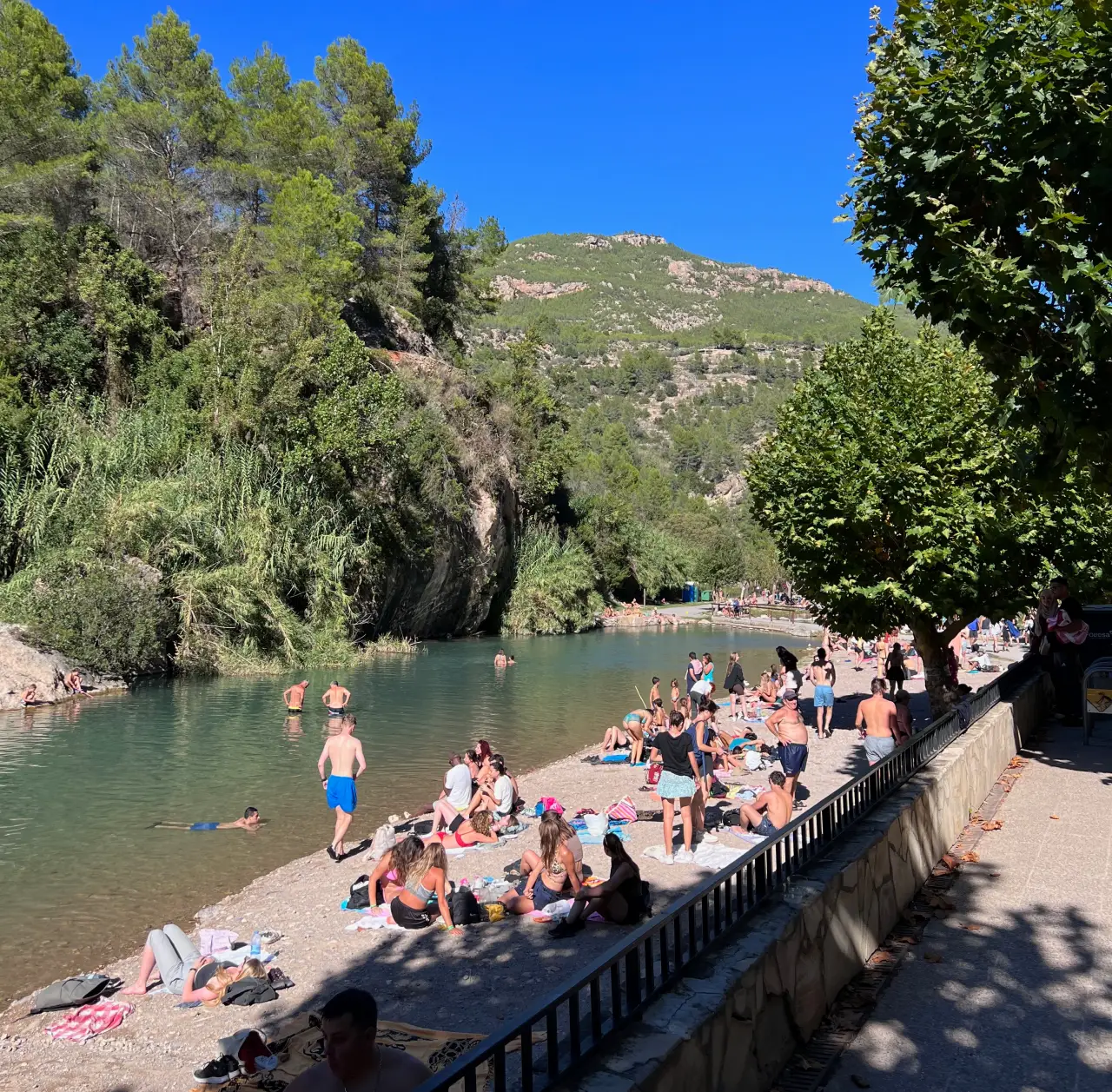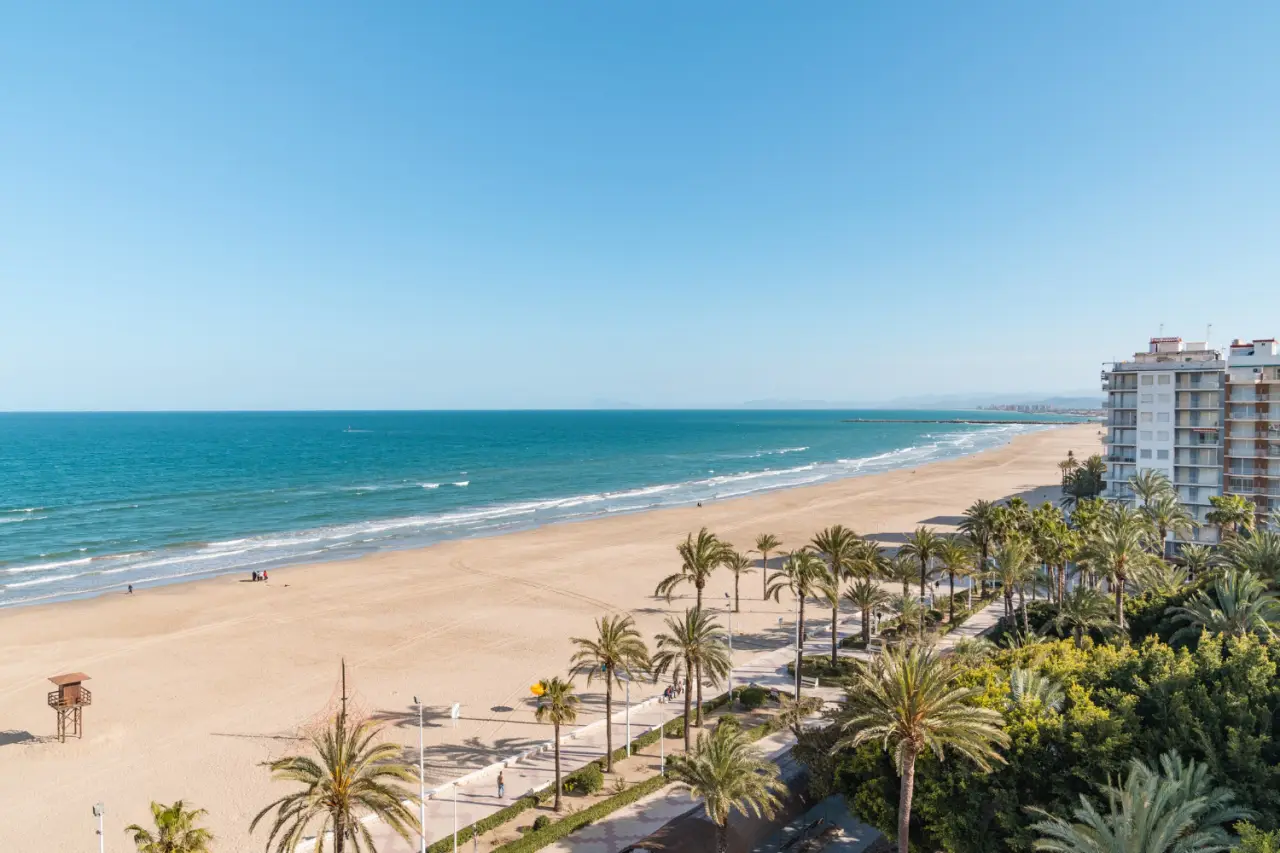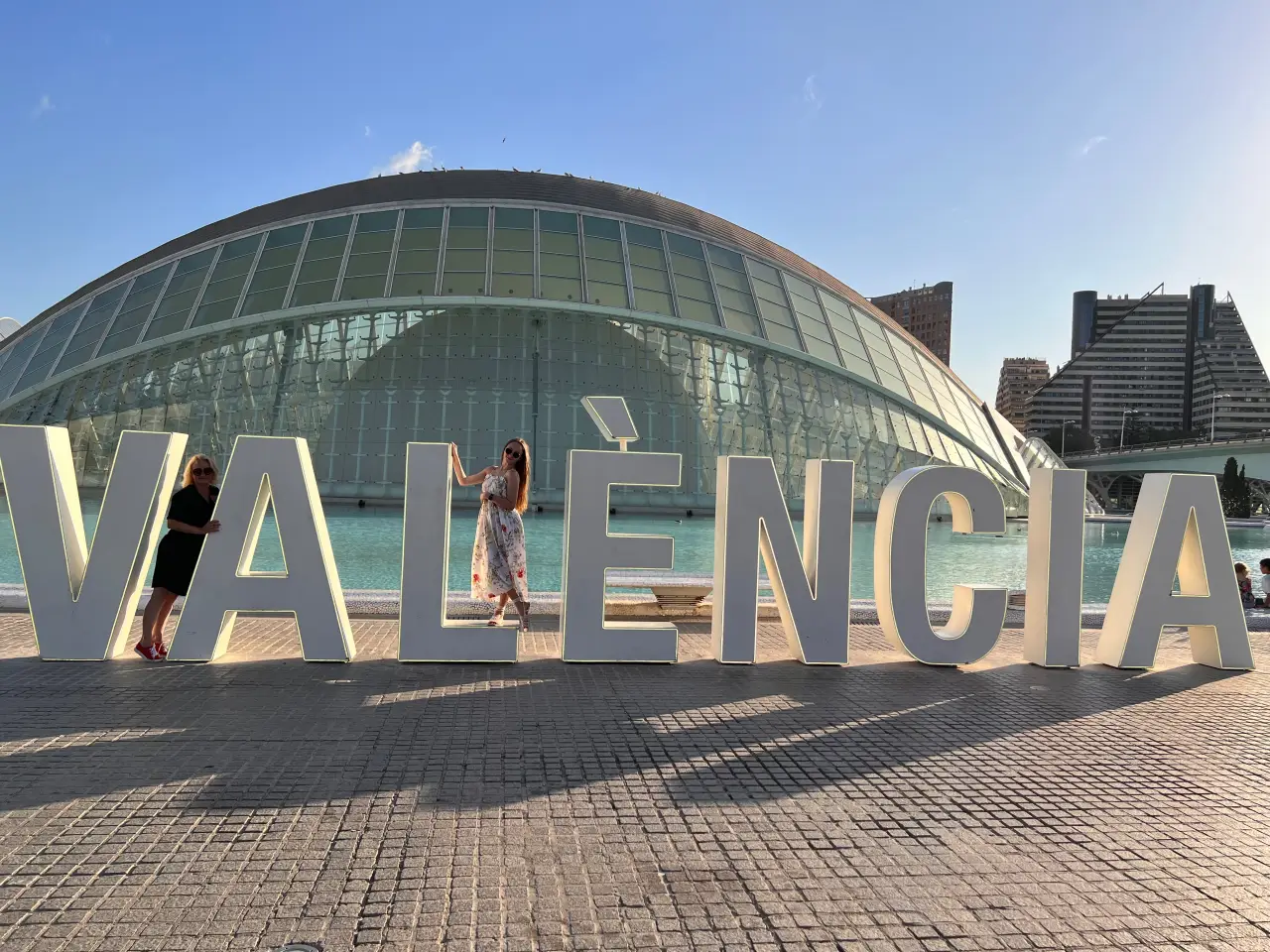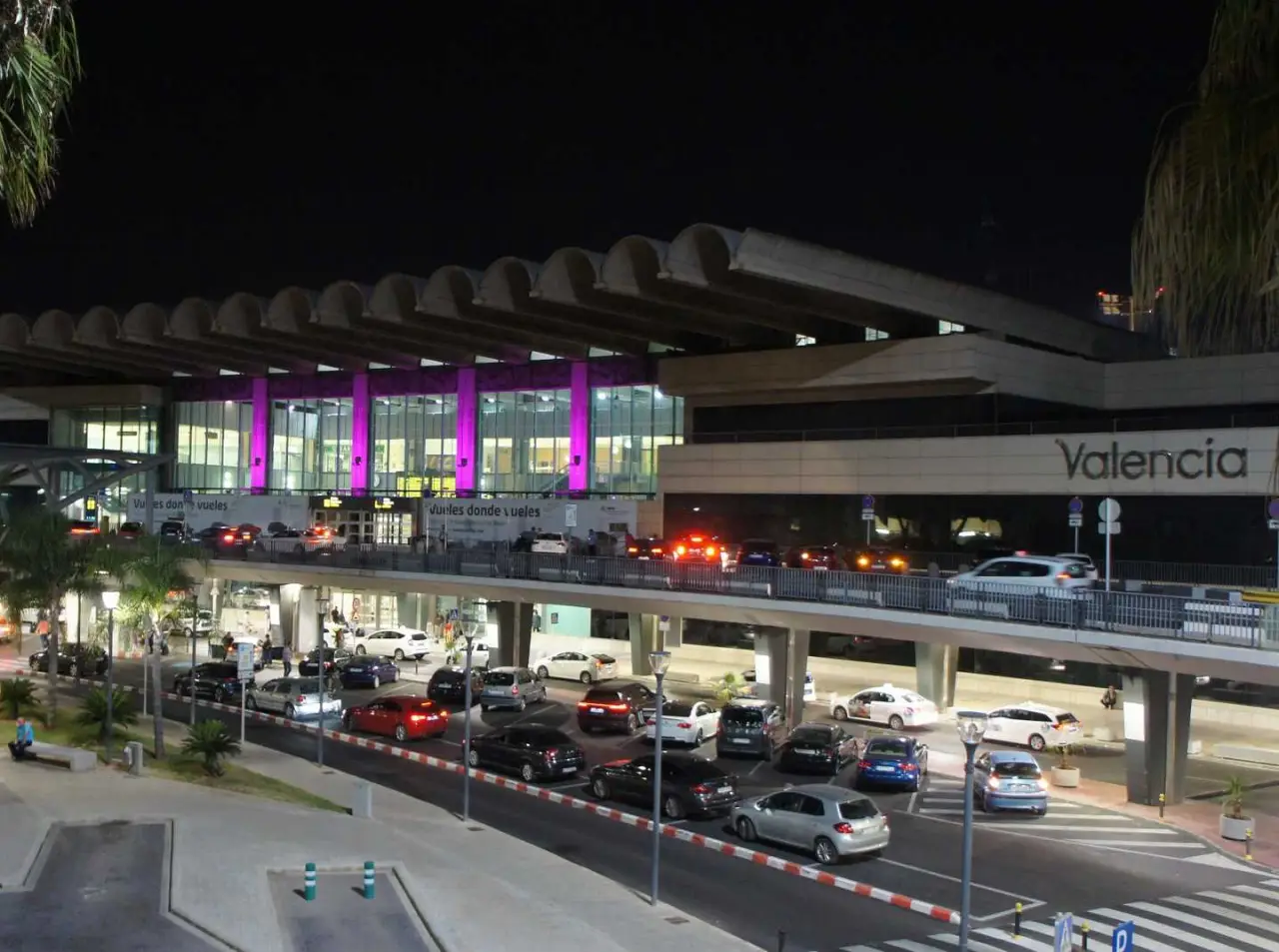The Urban Planning Commission of the Valencia City Council has unanimously approved a plan to ban tourist housing in most of the historic center, Ciutat Vella.
This decision, supported by all political groups (PP, Compromís, PSPV, and Vox), aims to preserve the residential character of the area.
The proposal will prohibit tourist housing in any residential building within Ciutat Vella. “We want Ciutat Vella to be a residential neighborhood and that is why tourist apartments will not be compatible in the buildings where neighbors live,” explained Urban Planning Councilor Juan Giner.
Additionally, the city council has approved a one-year moratorium on tourist apartment licenses for the rest of the city, excluding Cabanyal. Cabanyal, like Ciutat Vella, has its own regulations and sets a limit of 10% of tourist homes per block.
The modification of the Ciutat Vella Special Plan (PEP) eliminates the use of tourist housing in predominantly residential areas. This includes neighborhoods like Velluters, Pilar, Mercat, Carmen, La Seu, and part of Xerea. These areas have seen a high saturation of tourist housing, with Mercat having 50.3 tourist homes per hundred inhabitants, La Seu 39.2, San Francesc 27.8, and Carmen 27.3, compared to 13.9 in other tourist areas of the city.
Tourist housing will only be allowed in buildings exclusively used for this purpose in San Francesc and parts of Xerea. Existing tourist homes with the proper licenses can continue operating, but no new tourist homes will be permitted in residential buildings.
This new regulation must pass through a plenary session and obtain a report from the Department of Culture and Sports. It also ends a previous plan that allowed individuals to rent their homes for vacation purposes for 60 days a year. The current modification closes the door to tourist homes entirely.
“The proposal aims to guarantee the quality of life for residents, conserve the heritage values of the historic center, and protect traditional commerce,” highlighted Giner.
Tourist apartment associations, like Viutur and Avaec, have opposed the change and are appealing the ruling. They argue that the new regulations tighten the criteria for tourist accommodations while allowing other tertiary activities such as hotels and offices.
Reports from the Chair of the Sustainable Economic Model of Valencia and Environment (Mesval) show that tourist apartments have significantly impacted rental prices in Ciutat Vella, which have increased three times more than in the rest of the city.
The city’s Historic Center Management Service notes that Ciutat Vella, with a population of 27,983 and 19,317 homes, has a high number of tourist places listed on platforms like Booking and Airbnb.
With this decision, Valencia City Council aims to balance tourism and residential needs, ensuring a better quality of life for its residents in the historic center.












